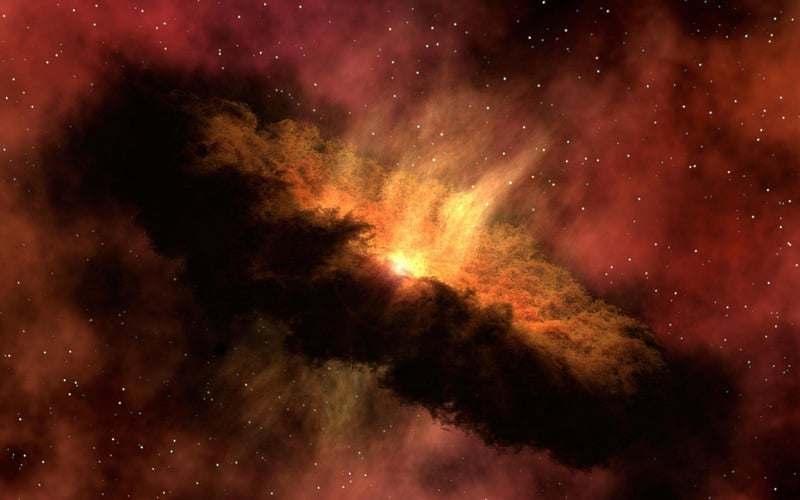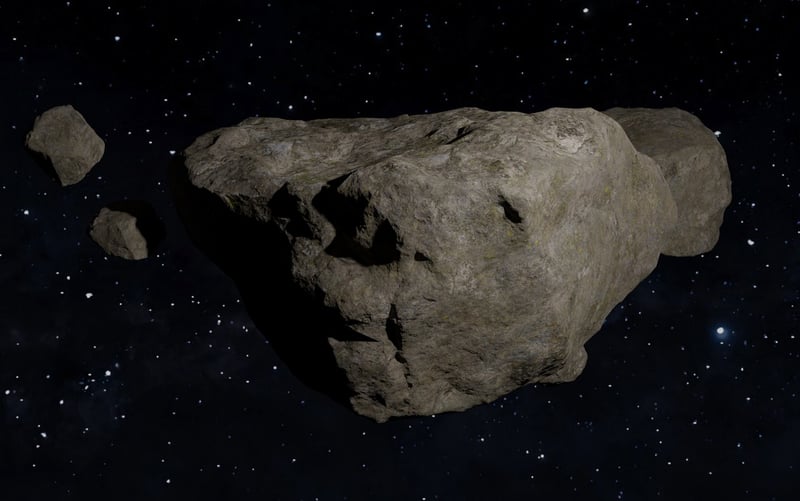Future Exploration
The Evolution of Exploration: From Ancient Times to Future Frontiers
Exploration has been a driving force in human history, leading to the discovery of new lands, cultures, and technologies. Throughout different eras, explorers have embarked on daring journeys that have shaped the world we live in today. Let's delve into the fascinating history of exploration and also peek into the possibilities of future frontiers.
Ancient Exploration
Ancient civilizations like the Phoenicians, Greeks, and Romans were early pioneers of exploration. They ventured across the seas to establish trade routes, colonize new territories, and expand their empires. The voyages of figures like Pytheas, who circumnavigated Britain in the 4th century BCE, laid the groundwork for future explorers.

Age of Discovery
The Age of Discovery in the 15th to 17th centuries marked a period of unprecedented exploration. Explorers like Christopher Columbus, Vasco da Gama, and Ferdinand Magellan set sail to find new trade routes and discover unknown lands. Their voyages connected the continents and transformed global trade and communication.

Modern Exploration
In the modern era, exploration expanded beyond Earth into space. The Space Age, initiated by the launch of Sputnik 1 in 1957, led to human spaceflight missions to the Moon, Mars probes, and the exploration of distant planets. Organizations like NASA and SpaceX continue to push the boundaries of space exploration.

Future Frontiers
As we look to the future, exploration is poised to enter new frontiers. Advancements in technology, such as AI, robotics, and virtual reality, are revolutionizing how we explore the unknown. Concepts like space tourism, asteroid mining, and interstellar travel are no longer science fiction but potential realities.

Exploration has always been driven by human curiosity and the desire to push boundaries. From ancient seafarers to modern astronauts, each era of exploration has built upon the discoveries of the past. As we stand on the cusp of new technological advancements, the future of exploration holds endless possibilities.
